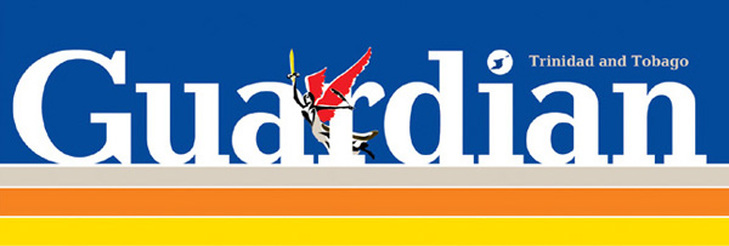As Jan Hovden a professor of Safety Management points out, “radiation is spread by wind, toxic materials are spread by rivers and ocean currents, IT viruses are spread by global networks, [and] epidemic diseases are spread by airplane travellers.”
The potential realities of this risk society impact our personal risk assessments, and often replace logic and rational thinking with emotion. Yes the risks are real however the human response to the likelihood of such risks has little to do with evidence or current statistical data on the risk of death or injury. Instead, the common response of those living in the risk society is a constant concern about the future.
This leads to an emotional state where people start to feel like their lives are out of control and constantly picture themselves as potential victims. Traditional everyday risks like driving, smoking, falling, having an accident in the kitchen, injuring yourself at sport, get replaced by far less likely risks like being in an airplane crash or contracting Ebola.
In the risk society political leaders, media professionals and public officials have an important role to play in lessening social anxieties. Unfortunately due to political calculation, the fact sensationalism sells more newspapers, and a general lack of accurately informed public officials, the opposite has happened and paranoia and hysteria have been fuelled.
This is not to discredit the steps taken to prepare the country for the unlikely event of a case of Ebola locally. It is reassuring to see the contingency procedures for patient tracking, quarantine, and the category four outfits. What is less so is misinformation. For the Prime Minister, “the greatest threat that faces our nation is that of the Ebola virus”. While our Health Minister claims if Ebola reaches T&T there will be “a 50% decrease in population.”
This is the risk society at work. The risk is on one level real but on others extremely unlikely. This produces an incoherent picture of the future, a future full of risks. Again on one level many might say political and media hysteria has had a galvanising effect on the nation – we are now prepared. Yet on another level the misinformation could be described as irresponsible and manipulative.
As Professor Christopher Oura at UWI points out, “At lot of people are giving their opinions. Some aren’t fully informed about what they are saying, so it is sometimes causing a certain amount of panic among the public because they are getting different opinions from different corners.”
Some simple realities are: 1) Ebola is not easily transmitted between humans unless one is symptomatic. 2) Ebola can be contained in nations with robust health care systems. 3) With early detection Ebola is not a death sentence. 4) Poverty helps to fuel the spread of Ebola. 5) What has happened in Liberia, Sierra Leone and Guinea is highly unlikely to happen in T&T because we have a decent health system. 6) Because of points 1 to 5 even if a person with the virus did arrive in T&T it is extremely unlikely Ebola would spread widely.
In the risk society discussion about the possible banning of Carnival is not based on evidence but rather the infinite potential fear of an uncertain future, mixed in with the usual moral crusaders. This becomes obvious when we compare talk of banning Carnival to a lack of talk for banning Christmas. Yes large numbers arrive here at that time of the year too, but there has been little to no discussion of banning Santa’s worshippers.
We might all be members of the risk society today. But this does not mean fear and emotion need take over. In this sense it’s encouraging to see the Rwandan government stand up to US media-driven misinformation by unveiling Ebola screening for all Americans and Spaniards due to the minute number of registered cases of Ebola in those nations; but more precisely the ethnic targeting of its own citizens in America.
Rwanda of course is Ebola-free but the point was made. Yes Ebola is real and dangerous, but hysteria and misinformation are socially irresponsible and dangerous. And as we saw here with the Petrotrin oil tanker stand off, social problems can quickly cause economic ones, turning fear of risks into real social breakdown.
http://www.guardian.co.tt/columnist/2014-10-26/fear-bola-and-risk-society

 RSS Feed
RSS Feed